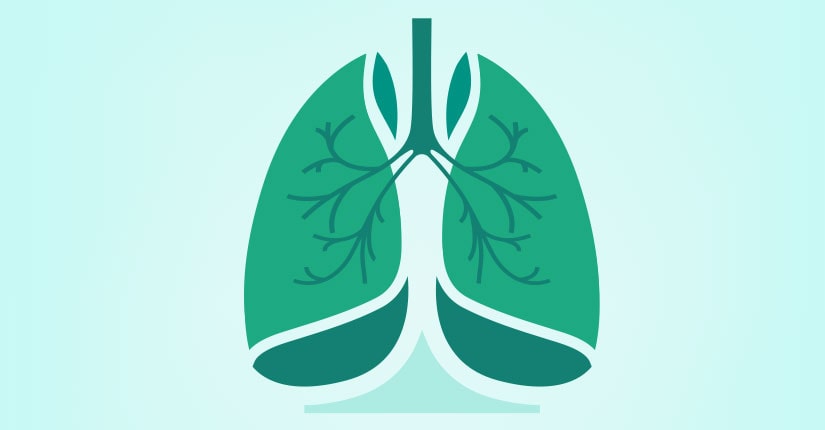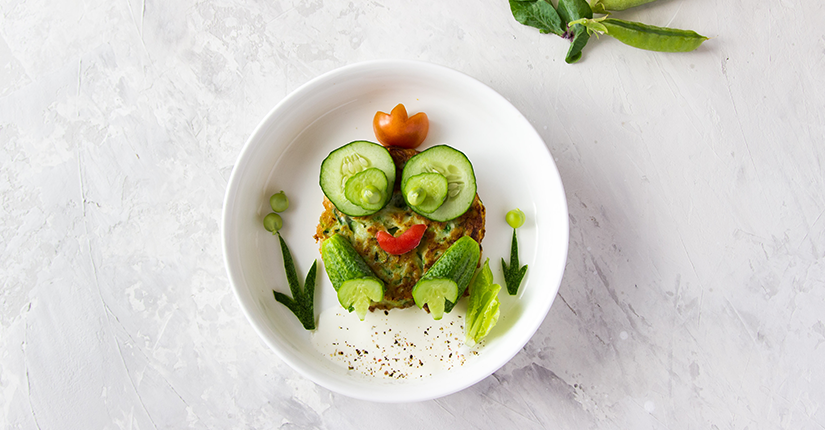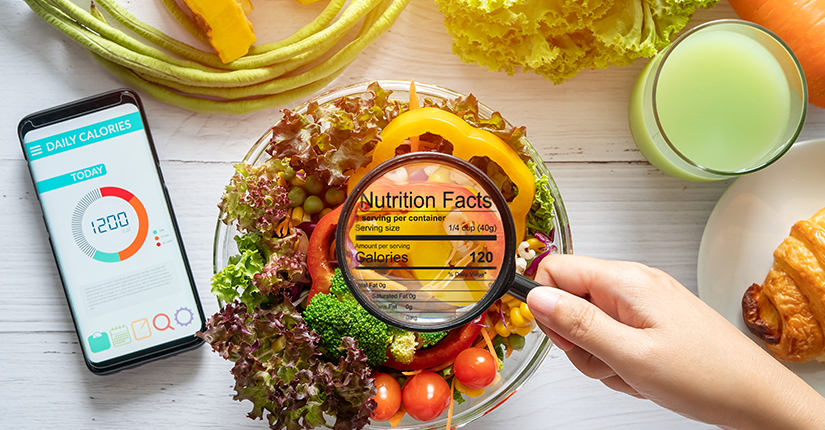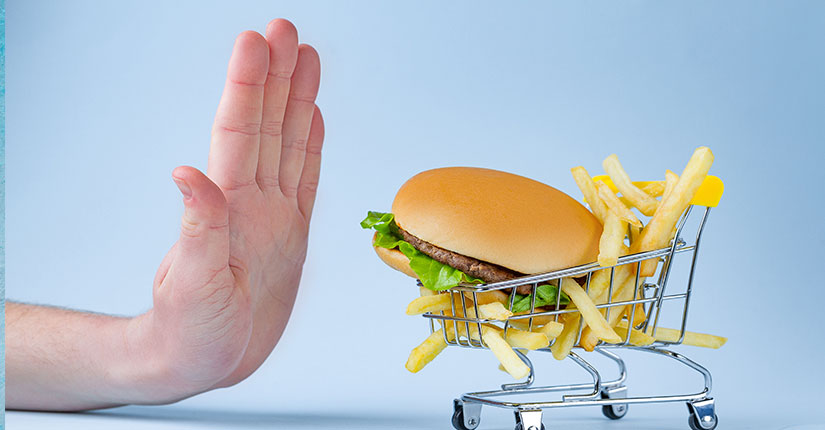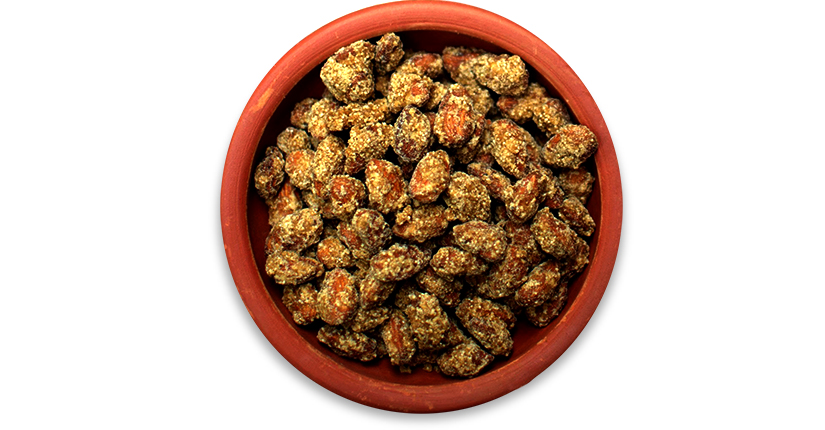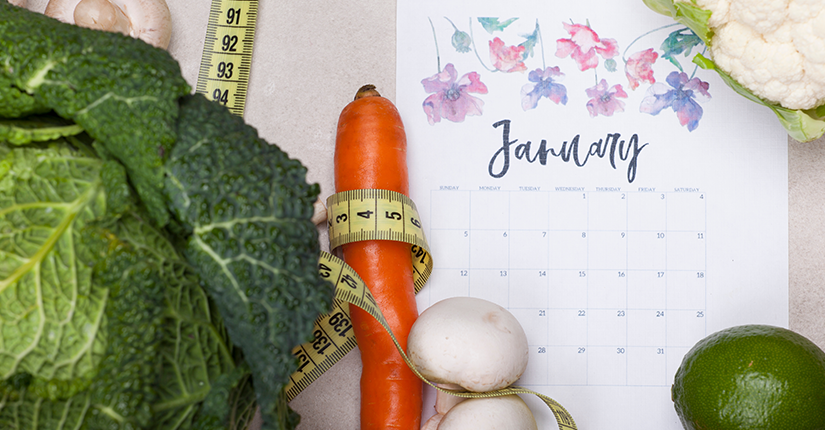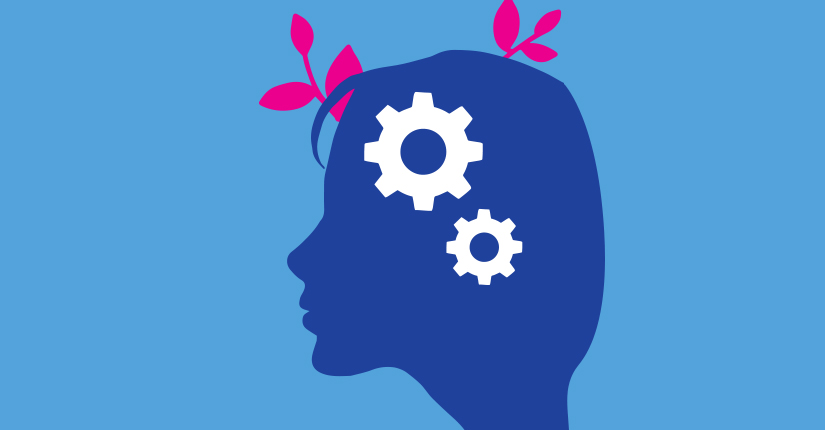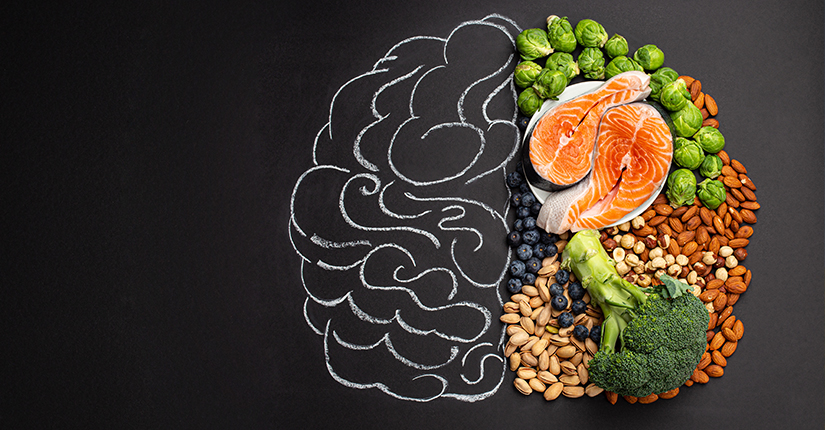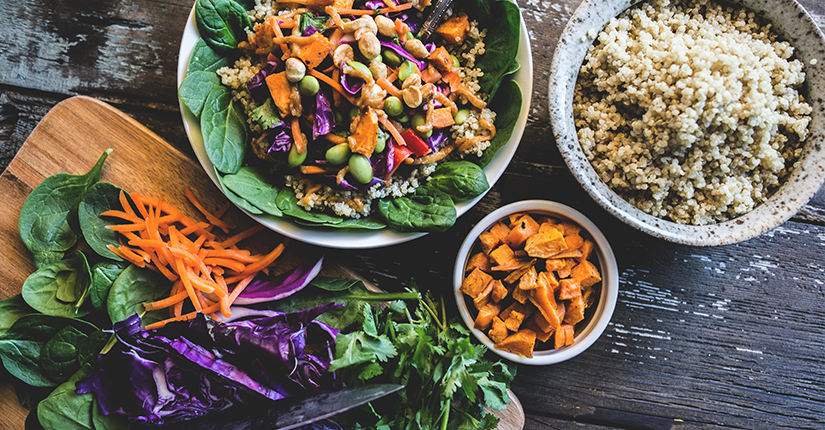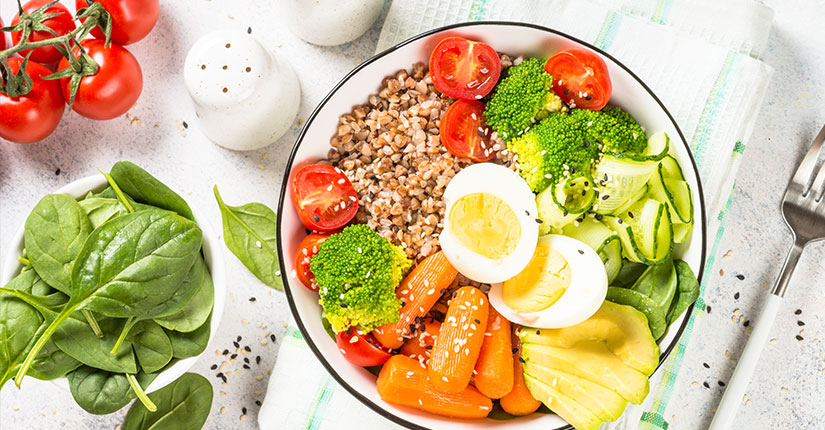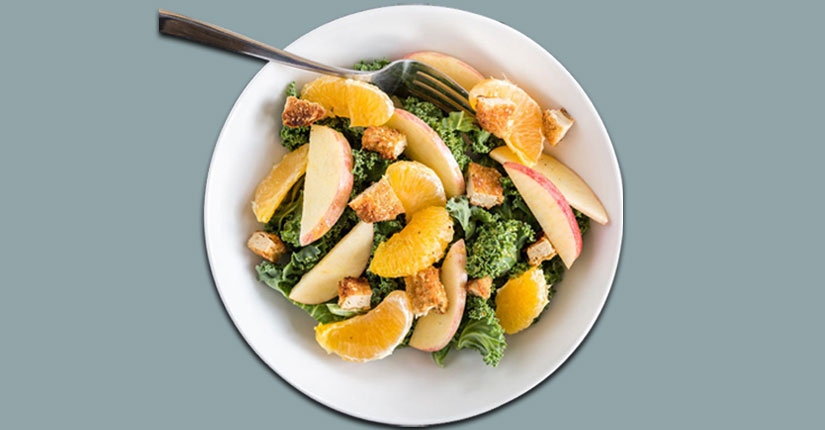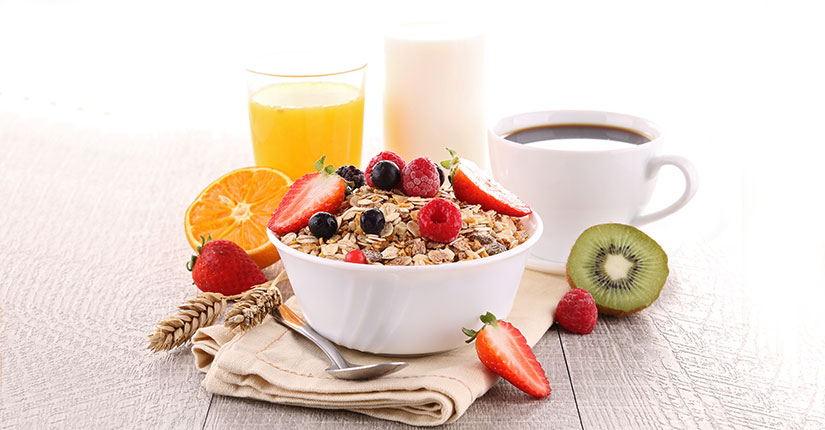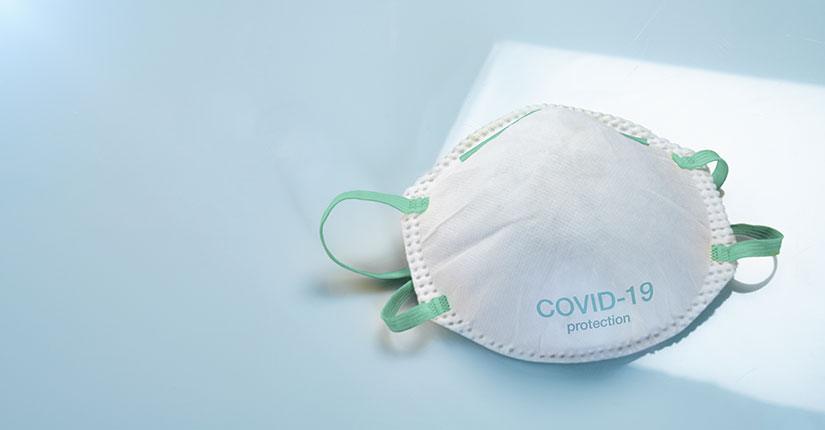Connection Between Good Nutrition & Eyesight
By Nmami Agarwal 17-Mar 2020 Reading Time: 6 Mins
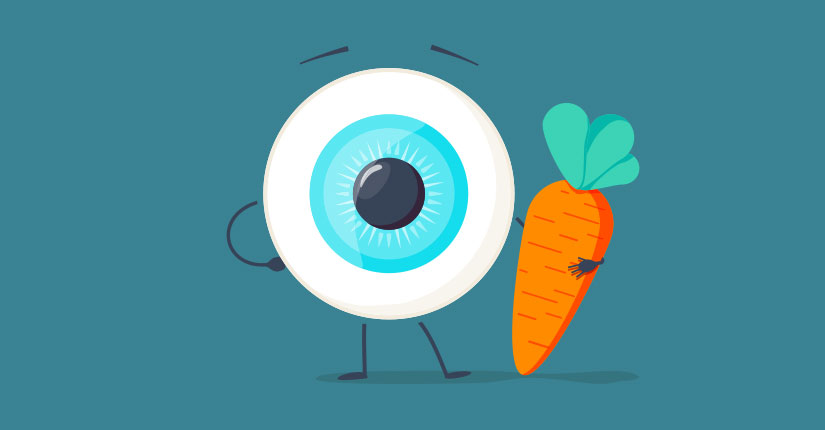
Good nutrition not only fuels up your body but also keeps your eyes healthy. Nutrients associated to keep your eye healthy include Vitamin C and E, omega 3 fatty acids, zinc, folic acid, Vitamin B12, and Vitamin B6. These nutrients are present in fruits, vegetables, citrus fruits, and dairy products. Your diet goes hand in hand with your lifestyle for improved vision. As one grows older he/she usually develops many age-related eye disorders like cataracts, glaucoma, poor night vision, and night blindness and so it is better to keep your eyes healthy with these essential nutrients and contribute to healthy vision. The connection between your eyes and health is essential to provide good nutrition to eyes and maintain your overall health. Here is the list of some vital nutrients that are essential for your eyesight.
Omega 3 fatty acids: Docosahexaenoic acid (DHA) is a type of omega 3 fatty acid that is highly found in fish such as salmon, sardines, and anchovies. These are the fats that your body does not produce naturally and have to directly acquire them from the food that is a rich source of omega 3. DHA is found in the retina of your eye and as per studies, it is responsible for eye vision development in infants. Deficiency of this powerful nutrient can make impaired visions usually in children, dry eye disease by increasing the formation of tear fluid in your eyes. The foods that are sources for omega 3 fatty acids are flax seeds, salmon, walnuts, chia seeds, and soybeans. Not eating omega 3 and lacking this important nutrient from your diet can affect your eye health as well as brain health.
Vitamin C: Vitamin C (also called ascorbic acid) is a water-soluble nutrient and is an important antioxidant. Vitamin C helps to support blood vessels’ health in the eye involving delicate capillaries of retina, avoid risks of developing age-related cataracts (cloudy area in the eye lens causing changes in vision like cloudy vision and sensitivity to glare). Apart from this Vitamin C also helps to make collagen( a protein that helps to provide structure to the human eye). Sources of food enriched with Vitamin C includes citrus fruits like oranges, grapefruit, guavas, gooseberry, strawberries, blueberries, tomatoes and broccoli. Supplement yourself with Vitamin C by at least one serving of fruit and vegetable in your daily meals for healthy eyesight.
Vitamin A: Vitamin A protects the surface of your eye that is cornea (protective outer layer of the eye), reduces the risks of eye infections, treatment of dry eyes, maintaining eye-light sensing cells called photoreceptors and risk of vision loss. Vitamin A deficiency can lead to the risk of night blindness and dry eyes. The richest dietary sources for Vitamin A involve carrots, spinach, apricots, egg yolks, red bell peppers, and dairy products. Vitamin A is a great source of antioxidants. So, incorporate these foods rich in Vitamin A in your diet for improved eye vision.
Vitamin E: Research suggests that consuming more than seven milligrams of Vitamin E intake per day can help in reducing the risks of cataracts by 6%. Vitamin E can help reduce the risks of age-related macular degeneration wherein your central vision deteriorates as a result reading may be difficult, colors may be less vivid and it might be harder to recognize faces. So, indulge foods that are high in Vitamin E like sunflower seeds, almonds, avocado, peanuts, hazelnuts, vegetable oils like flaxseed oil, sunflower oil, spinach and kale in your diet.
Zinc: Zinc is an important nutrient that plays an important role to bring Vitamin A from the liver to produce melanin that is an important pigment for your eyes. The deficiency of zinc leads to impaired vision problems like cloudy cataracts and poor night vision and night blindness. Some vital sources that you can include in your daily diet are black-eyed peas, tofu, eggs, pumpkin seeds, and peanuts.
Over to you
If you think you are missing any of these above-listed nutrients from your diet, then start incorporating in your diet to keep your eyes healthy and maintain the overall health of your body. For optimal health, a balanced diet is required that suffice you with all essential nutrients for improved vision.

